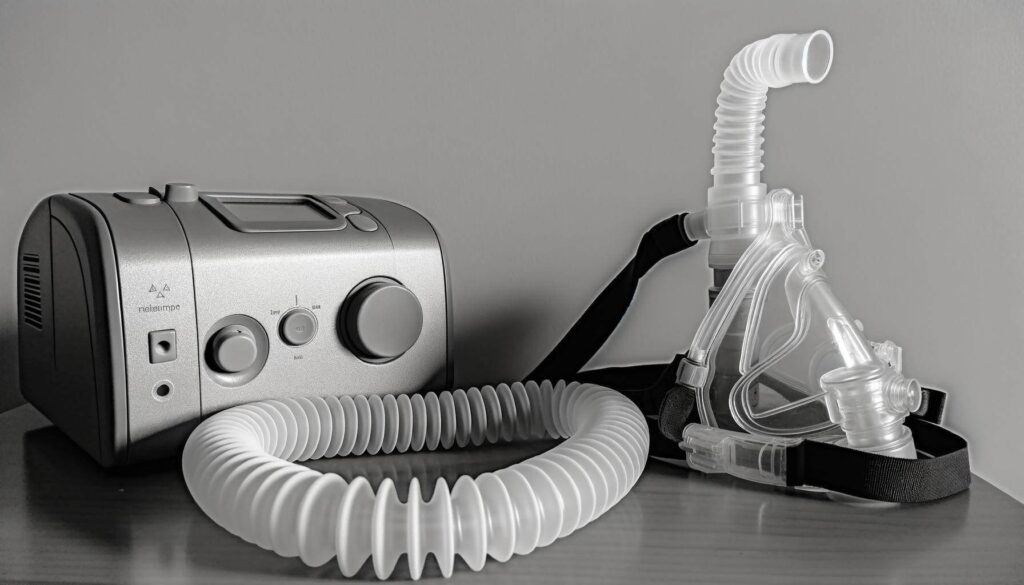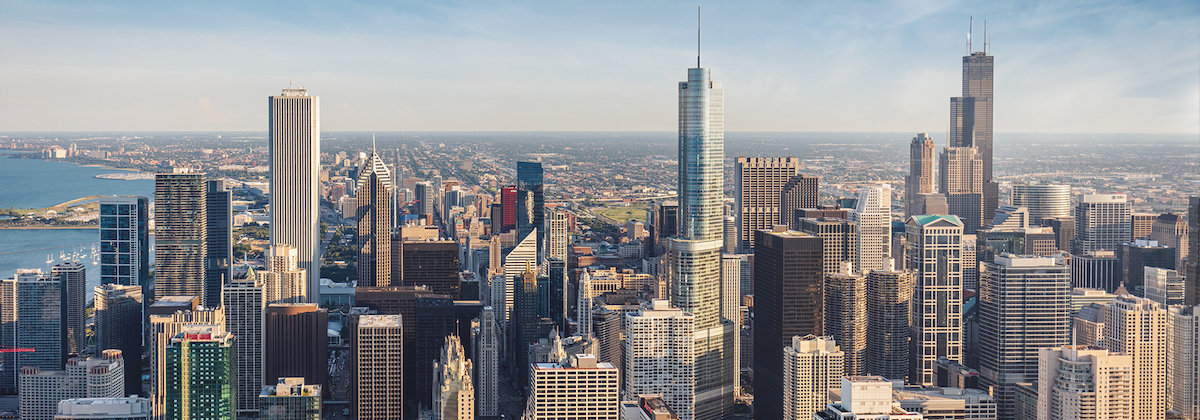Attorneys of Chicago | November 27, 2024 | Product Liability

Millions of people rely on CPAP machines to treat sleep apnea and other sleep-related disorders. However, some manufacturers have recalled millions of CPAP machines in the past few years because of potential health risks. Numerous lawsuits have been filed and are still pending for deaths and injuries caused by defective CPAP machines.
If you want to know whether your CPAP machine has been recalled, you can check with the manufacturer. You can also search the Medical Device Recalls database on the U.S. Food & Drug Administration’s website.
What Is a CPAP Machine?
A CPAP (continuous positive airway pressure) machine uses pressured air to keep your airways open while you sleep. The machine does not breathe for you. Instead, it delivers a steady stream of air through a mask to prevent the narrowing or collapsing of the soft tissues in your throat and nose.
CPAP machines are one of the most common treatments for obstructive sleep apnea. However, some individuals experience problems using a CPAP machine, including:
- Dry mouth
- Mask discomfort
- Bloating caused by swallowed air
- Air leaks
- Irritation or dryness of the nose
Generally, CPAP machines work as intended. However, some CPAP machines have been recalled because dangerous defects can cause life-threatening conditions. In those cases, consumers may file a product liability lawsuit against the manufacturer for damages.
Why Were CPAP Machines Recalled?
Philips Respironics recalled specific CPAP machines and other devices in June of 2021 because of potential health risks for consumers. The foam used in these devices to reduce vibration and sound can break down.
If the foam breaks down, the person using the device may ingest or inhale chemicals and black pieces of foam. The foam contains VOCs (volatile organic compounds) that are toxic and carcinogenic to internal organs.
CPAP lawsuits were filed seeking damages from the manufacturer. Plaintiffs allege that the defective CPAP machines caused numerous types of cancer, chemical poisoning, ARDS (Acute Respiratory Distress Syndrome), heart failure, reactive airway disease, and many other conditions.
The Philips CPAP cases were combined into multidistrict litigation. As of November 2024, 820 cases were still pending, and a settlement proposed in April 2024 had not been approved.
What Should You Do if Your CPAP Machine Was Recalled?
Contact your doctor immediately to discuss what you need to do to protect your health. Some individuals could face life-threatening consequences if they stop using their CPAP machine. Your doctor will discuss alternative treatments or machines to treat your sleep apnea or other sleep-related disorders.
In addition to speaking with your doctor, call a Chicago product liability lawyer to discuss your legal rights. Manufacturers can be held financially liable for damages when defective products cause injuries and deaths.
Types of Product Liability Claims
Product liability claims are a type of personal injury case in which an injured party alleges that a defective product caused their injuries. Common defects include:
- Design Defect – A defect in the product’s design makes all products manufactured using the design dangerous to use
- Manufacturing Defect – A mistake or problem during manufacturing results in a product defect. Manufacturing defects can impact one product or specific batches of products.
- Marketing Defect — Companies must warn consumers if they know or should have known there are risks associated with using a product. They must also include adequate instructions for the safe use of the product.
Product liability cases often involve technical matters. An attorney may retain one or more expert witnesses to assist in analyzing the product to determine the cause of the defect.
Proving Liability for a Product Liability Claim
Most product liability cases are based on strict liability. This means a manufacturer can be liable for damages even if they were not negligent, as long as the product is defectively designed, manufactured, or marketed and is unreasonably dangerous to consumers. In a strict liability case, you must prove:
- The company designed, manufactured, and/or sold the product.
- The product was defective.
- You used the product as it was intended to be used or in a reasonably foreseeable manner.
- The product’s defect was a proximate and direct cause of your injury.
- You sustained economic and non-economic damages because of your injuries.
Depending on the facts of the case, more than one party could be responsible for a defective product. An attorney will perform a thorough investigation to identify all parties who could be liable for damages.
Contact Our Chicago Product Liability Law Firm For Help Today
If you’ve been injured in an accident in Chicago, Illinois, and need legal help, contact our experienced product liability lawyers at Attorneys of Chicago Personal Injury Lawyers to schedule a free consultation today.
We proudly serve Cook County and its surrounding areas:
Attorneys of Chicago Personal Injury Lawyers
134 N La Salle St #2160
Chicago, IL 60602
Phone: (872) 324-4375
Hours: 24/7
Our firm is located near you. We have an office in Chicago
Find us with our GeoCoordinates: 41.5486783,-87.8377085
